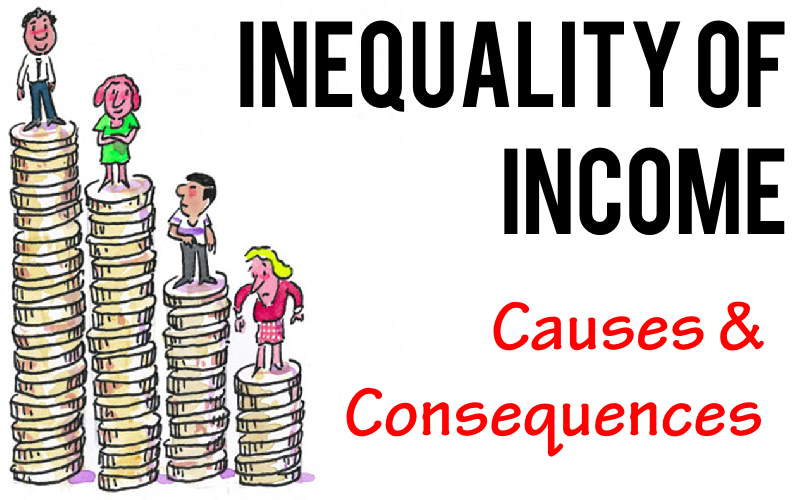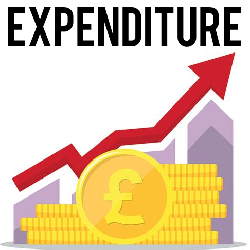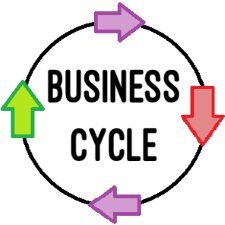Inequality of Income – Causes, Evils or Consequences
The greatest bane and perhaps the greatest defect of the present economic order is inequalities of income. It is often seen that the incomes of different individuals differ. Though different economics of the present day try to reduce the evils of inequalities, they still continue to loom large.
In a society of varied people with variety of talents and powers of work, the rewards cannot be identical. The cry of “equal income for all” though attractive from an ideological point of view is not possible in practice, though the possibility was focused by writings of Karl Marx and Engels. Even in the Soviet Union, minor differences exist and this is not what we mean by inequalities of income i.e. when work nature differs automatically the income also differs from person to person.
Long back in the 19th century, a famous play writer Barrie, pointed out in his play called “The Admirable Crichton” that differences are bound to exist, whether we live in a civilized society or whether we return to Nature. Of course, Barrie was talking in terms of socio-political equality and the controversy about “equal rights for all”.
The demand for equal incomes was raised by Utopian writers and revolutionary political leaders and was the basis of the French Revolution. The controversy generated much heat. Gradually a distinction was made between minor and major inequalities of income. It was then that the shift in emphasis took place and people started condemning not minor differences in incomes but major differences.
Where as, in a capitalistic country, we find gross inequalities of income, a big yawning gap between different sections of the people. The emphasis is on this major differences. The capitalist may be a billionaire or at least a multi-millionaire, while the worker receives just nominal salary to make both ends meet. The income of the worker falls short of his bare subsistence level, so that he finds it difficult to support the members of the family.
There would be yet another group living under abject poverty, misery, and helplessness bordering on to starvation and death. It is only the colossal difference of incomes that is considered and not a minor difference.

Table of Contents
Causes of Inequalities of Income
Taking into consideration the colossal differences in income among the people in an economy, the question arises about the causes of this inequalities. The first and the foremost cause is the present economic order. The causes can be discussed under the following heads:
1. Capitalistic Tinge
Any economic order with capitalistic angle enabling a few to own the factors of production and accumulate vast resources will eventually lead to gross inequalities of income.
2. System of Private Property
One of the hall-marks of capitalism is the institution of private property. The capital class is allowed to accumulate property and enjoy special privileges. This class gets the large share by way of rents, interest and profit. While wages and salaries tend to be stable or increase at a low rate, the profit and rents go up at a rapid rate with the development of science and technology.
3. The law of inheritance
The transmission of wealth through this law is another accepted practice in all capitalistic economics. Thus the inequalities are passed on to generations.
4. Monopolies and Pressure Groups
In the capitalistic system, the first outcome will be monopolies and big business. Secondly, there will be pressure groups influencing the government to frame the policy in their favour.
5. Mobility of factors
This is another important point in this context. Horizontal and geographical immobility will cause inequalities of income.
6. Occupational differences
In an economy with diverse occupations, difference in income will naturally arise because of job requirements. It is not correct that all are born equal. Some have inborn abilities, intelligence and aptitudes. Some jobs require extraordinary administrative ability. Many occupations may not require the same ability. Naturally some come up more successfully and earn more while others may be set back.
7. Supply of labour
Another reason which accounts for colossal difference in income is the growth of labour i.e. due to the increase in population of the country.
8. Differences in stages of Economic Development
The factors of production receive different incomes according to the use to which they can be put. The worker will earn different amounts of money, depending on whether he lives in an underdeveloped economy or in a developed economy. Eg. Wages or a reward for capital are comparatively high in America than in India.
9. Differences in Personal Habits
The income of individuals over a period of time may become different, because there are differences in their personal habits. Eg: a man of acquisitive nature, saves and uses it in a profitable way, whereas a man with an extravagant nature will spend more than what he earns and not save much, so that over a period of time, his savings will be nothing as compared to the saving of a person with a different nature.
From the discussion of some of the factors causing inequalities of income, it is evident that some of them are a result of a particular economic system, while others are more or less universal. However, the universal factors do not result in a colossal inequality of income. It may be that, over a period of a few generations, the minor differences in income may become colossal differences. But all that depends upon several other factors. In conclusion, we can say that, universal factors are weak factors, while other factors are strong. These are the strong factors which bring about changes in the income on a colossal scale.
Evils or Consequences of Inequalities of Income
The consequences of inequalities of income are obvious. There will be different standards of living between people of the same country and same region. One group will be living in luxury and another group will be in poverty. That is wastage in consumption on one side and scarcity of essential articles on the other side.
Inequalities lead to the class conflict between ‘haves’ and ‘have nots’. There will be permanent social tension due to constant struggle between these two classes. The exploitation of the poor by rich will lead to many labour and social problems.
The rich will corrupt the body politic and governmental machinery will be used to promote the interest of the richer classes. The rich will try to become richer by making gross social injustice. Political democracy is only a far-fetched dream in a country where there is gross inequalities of income. So long as there is a big gap between different sections of the society, political democracy is a myth.
The entire machinery will be controlled and manipulated by the rich and it suppresses the talent among the poor people as they do not have money to come to the forefront.
Thus, inequalities of income lead to many undesirable consequences such as waste in consumption, scarcity, wrong utilization of economic resources, insecurity to labour class, concentration of political as well as economic power in the hands of few and the exploitation of the poor by the rich.
The advantage is that it creates a climate of savings and investments leading to capital formation and economic growth. [for the rich and not for poor]




